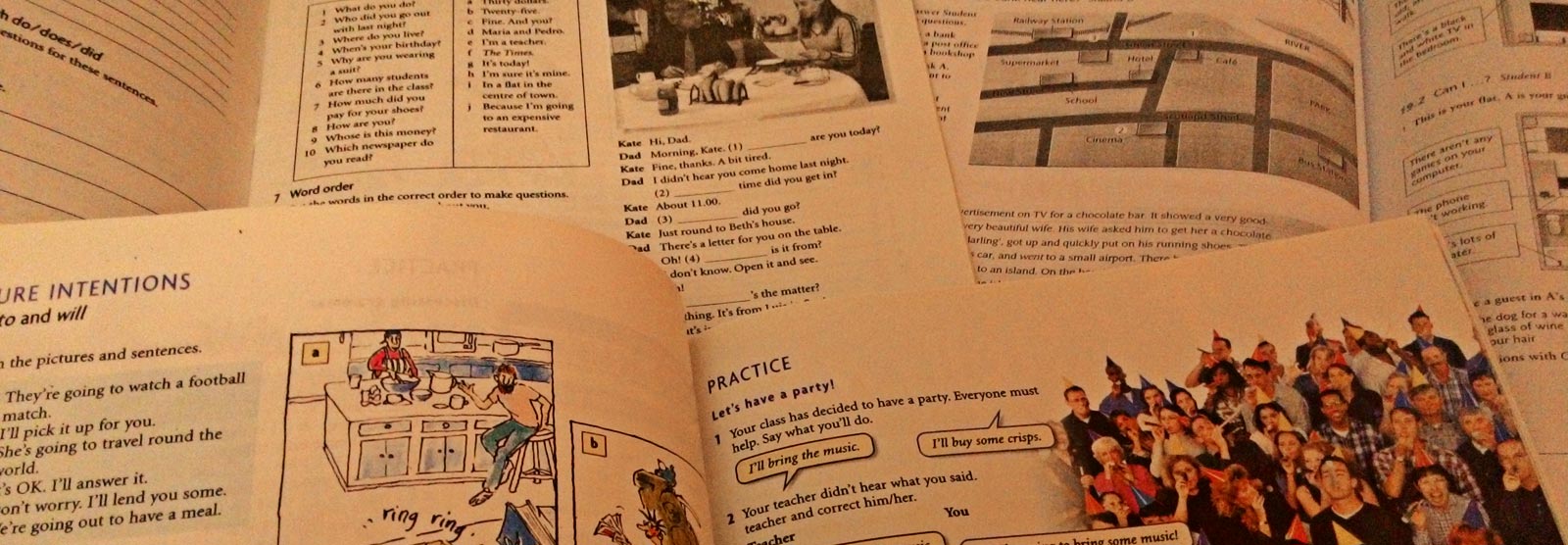A new-born-baby-a new life, a new hope...perhaps a future Prime Minister, perhaps a scientific genius: no wonder even the poorest families lavish care and love on their youngest offspring.
When James and Harriet Mill's first baby was born in 1806, they had a pretty good idea that he was no ordinary child. At the age of three John Stuart Mill learned the Greek alphabet and long lists of Greek words with their English equivalents.
At the age of eight he read as many books in Greek as a modern classics student would read in his first year at university - not to mention all the important history books in English that existed then. At sixteen he tackled advanced mathematical problems and learned to speak fluent French.
John Stuart Mill became the most important economic and philosophical thinker in Britain in the 19th Century. He was a humanist and above all devoted to improving the conditions of the working classes.




























































